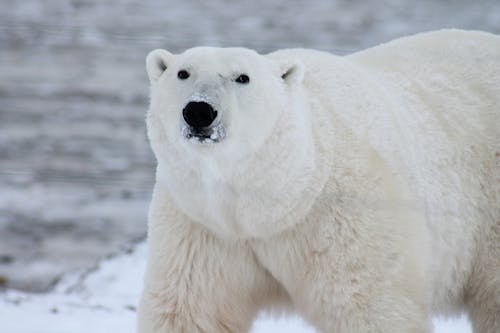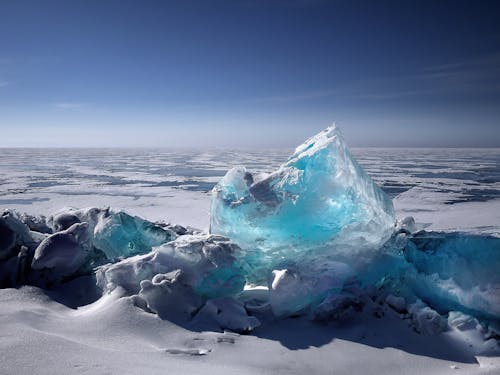Polar Bears are going to be Extinct before 2100?
 |
Due to the depletion of ice in the Northern Hemisphere, carnivores such as bears that relied on ice for seal hunting have already reached the extreme limit of their survival.As the ice breaks, the animals are forced to wander long distances or locally, where they fight to find food and feed their young.
The rapid melting of the snow has made it increasingly difficult for them to graze for food during the summer months. So they have to rely more on stored body fat to survive. Although polar bears can survive on their body fat for months without eating, polar ice caps begin to thaw prematurely due to the effects of greenhouse gases and climate change, making it impossible for them to store enough fat.
 |
The International Union for Conservation of Nature and Natural Resources (IUCN) has already included polar bears in its list of endangered species. Climate change is the main reason for this.
A study of polar bears published in the Journal of Environment and Climate Change found that there are about 25,000 polar bears in the world, which can be divided into 19 sub-species. Of these, 13 subspecies are on the verge of extinction, accounting for 80 percent of the total population.
The study also found that as polar bears lose their food and habitat as a result of ice melting, mother bears will fail to produce milk for breeding and lose their fertility, which will further accelerate their extinction rate.
If no immediate action is taken to tackle climate change, polar bears will become extinct by the end of this century. Not only that, if rapid greenhouse gas emissions are not reduced and the rate of climate change is not controlled, the lion's share of the world's animals could become extinct in the next few decades.

0 Comments
If you have any doubts, please let me know.
Emoji